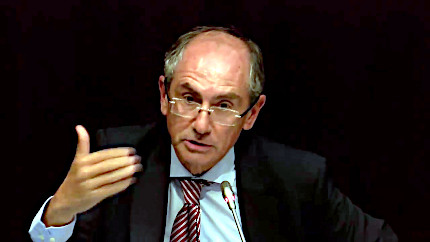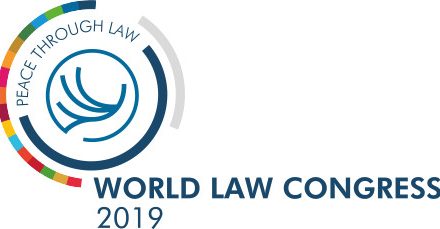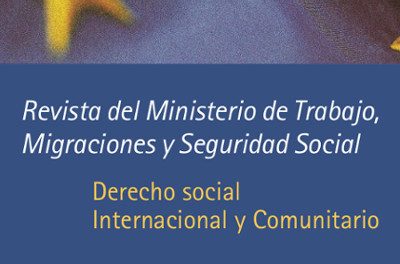
Dr. Joaquín Tornos
Joaquín Tornos, professor of Administrative Law at the University of Barcelona, partner director of the law firm Tornos Abogados and president of the Legal Commission for the Catalan labor Promotion of National Work, entered on June 18 as full academician of the Academy of Jurisprudence and Legislation of Catalonia during a solemn ceremony that took place in the Bar Association of Barcelona. This event was chaired by Lluís Jou, president of the Academy of Jurisprudence and collaborator of the Royal European Academy of Doctors-Barcelona 1914 (RAED), as well as brother of the full academic and president of the Experimental Sciences Section David Jou. The session was attended by de also full academician of the RAED José Luis Salido.
Expert in reference in Administrative Law, the recipient read the admission speech “Derecho e innovación tecnológica. El caso Uber versus taxi” (Law and technological innovation, the Uber case versus taxi), where he dealt with the entire legislative apparatus and the different judgments that have taken place in this controversial case, that hasn’t yet found a unitary solution in the various Spanish cities where this new personal transport company operates. On behalf of the Academy of Jurisprudence and Legislation of Catalonia answered the full academician and secretary of this institution Francisco Tusquets.
 For Tornos, the key to this long and fraught legal dispute between Uber and the taxi sector in Spain lies in the recognition as a public service by the administrations of the latter. This allows municipalities, as well as entities that have the competence to grant personal transport licenses within their municipal terms, such as autonomous governments, depositaries and guarantors of Civil Law, to be competent to regulate the sector.
For Tornos, the key to this long and fraught legal dispute between Uber and the taxi sector in Spain lies in the recognition as a public service by the administrations of the latter. This allows municipalities, as well as entities that have the competence to grant personal transport licenses within their municipal terms, such as autonomous governments, depositaries and guarantors of Civil Law, to be competent to regulate the sector.
However, the new member of the Academy of Jurisprudence argues that the law can not defend, in any case, the taxi sector appealing to an alleged right of exclusivity or prevent the development of improvements in the sector, such as technological developments with which Uber and other similar companies have been implanted in numerous cities around the world. “The Law must guarantee that technological innovations are applied in a reasonable manner, ordering the recourse to them taking into account the sector they are projected in. In any case, sectoral regulations that are outdated and legally and economically inefficient must be overcome”, he says in his work.




